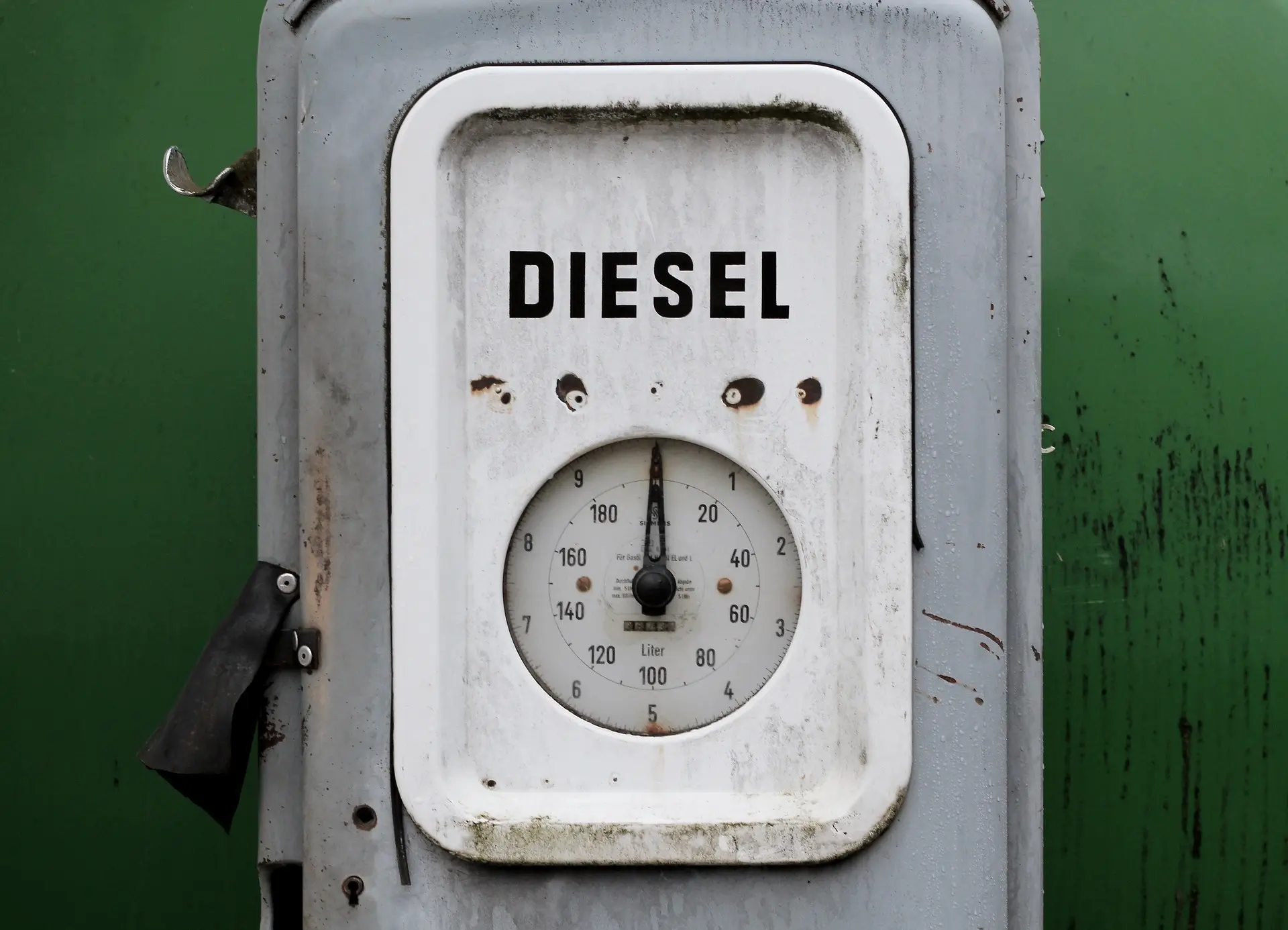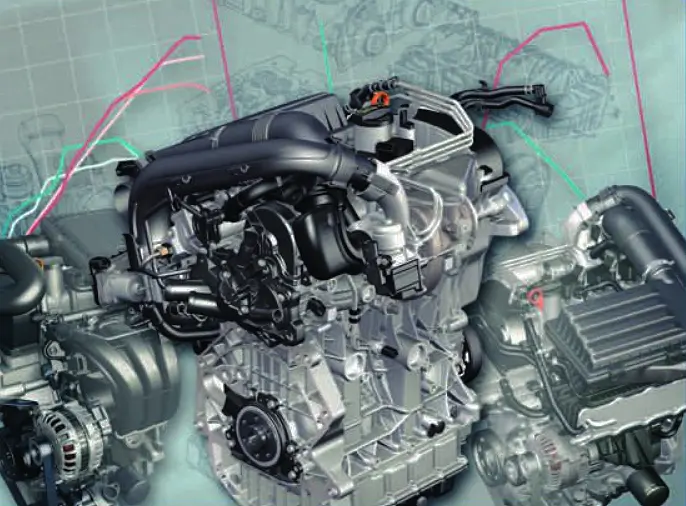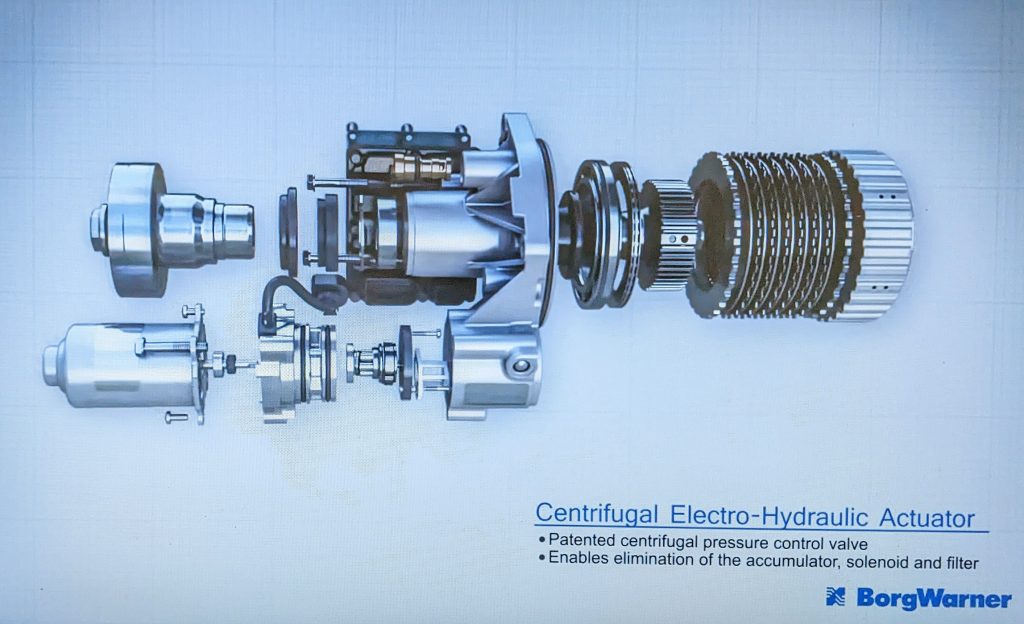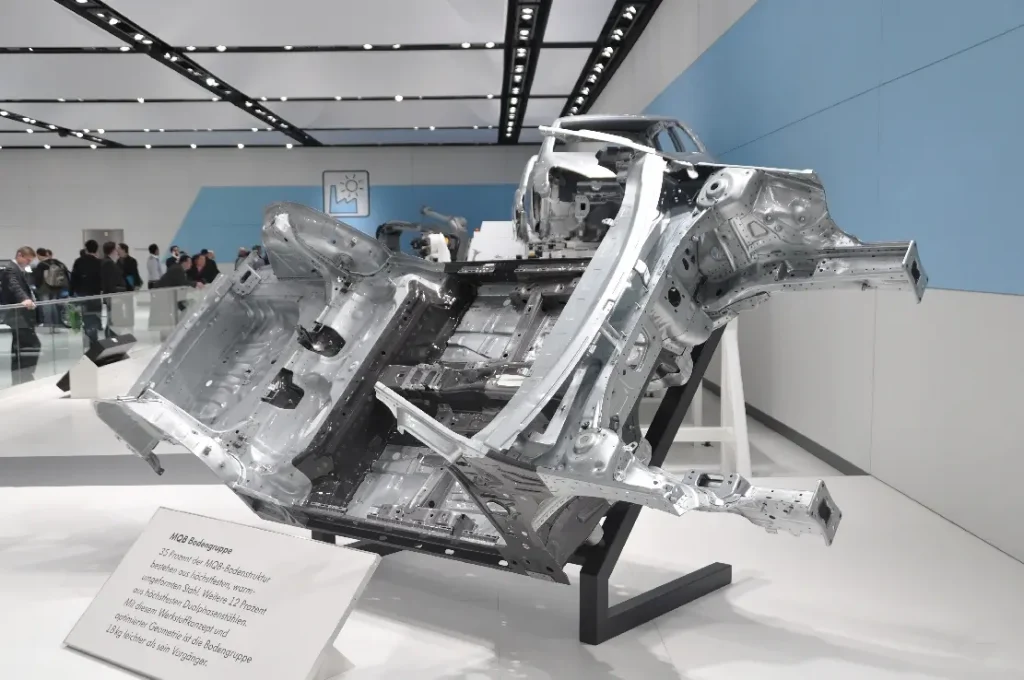The Volkswagen emissions scandal, also known as “Dieselgate,” was a controversy surrounding Volkswagen Group’s use of illegal software to manipulate emissions test results for their diesel cars. The scandal came to light in September 2015, when the United States Environmental Protection Agency (EPA) accused VW of using a “defeat device” in the software of certain diesel engines that would make the cars appear to emit fewer harmful pollutants during emissions tests than they actually did on the road.
During a typical emissions test, the vehicle would be placed on a dyno (a machine that simulates real-world driving conditions) and the engine would be run through a series of speed and load cycles. The defeat device software would detect that the vehicle was undergoing a test based on the specific conditions and inputs being sent to the engine, and it would then activate a low-emissions mode that reduced the amount of nitrogen oxides (NOx) emitted by the engine.
Once the test was completed, the software would deactivate the low-emissions mode and the engine would return to normal operating conditions, emitting much higher levels of NOx during normal driving. This allowed the vehicles to pass emissions tests while emitting illegal levels of pollutants on the road.
In reality, the cars were emitting nitrogen oxides (NOx) at levels up to 40 times higher than the legal limit. The scandal affected millions of VW diesel cars worldwide, including popular models such as the Volkswagen Golf, Beetle, Jetta, and Passat.
A recall was issued for vehicles with this software installed on the engine ECU. It involved installing a software update that would remove the defeat device software and reduce the emissions output of the vehicles to meet legal standards.
The reason for the cheating is not entirely clear, but a combination of factors likely contributed to the decision to install the defeat device software. Some have suggested that it was a cost-cutting measure, as reducing emissions output would have required more expensive engine technology and development work. Others have suggested that it was an effort to improve the performance of the vehicles and meet the high standards set by regulators and customers, without sacrificing fuel efficiency and engine power.
Volkswagen provided a trust building measure with the update covering 11 components within the exhaust gas recirculation system, the fuel injection system and the emissions after treatment system: lambda probe, temperature sensor, EGR changeover valve, EGR valve, EGR pressure differential sensor, injector, high pressure pump, fuel rail, pressure control valve, pressure sensor, high pressure pipelines.
The majority of vehicles that had the update carried out have now passed the 24 month warranty period applied to these components from the date of the recall. It is still unclear whether the update causes premature wear but from our experience we were seeing as many injector and EGR valve failures on vehicles without the fix as ones that had the update carried out.
Volkswagen group are now using a new generation diesel engine that uses adblue but it seems all manufacturers are facing the same problem; the amount of electronics required to keep these sooty engines clean is leading to reliability problems.
The fallout from the scandal was significant, with VW facing billions in fines, lawsuits, and compensation claims from affected customers, it was also a major blow to the company’s reputation and a wake-up call for the automotive industry as a whole, highlighting the importance of emissions regulations and the need for greater transparency and accountability in the testing and certification of vehicles.
On a lighter note, we are seeing an end to Diesel in passenger vehicles. Hopefully petrol engines will see a synthetic fuel in the future, possibly ‘freevalve’ technology and EV’s will be able to find a real power supply rather than a giant laptop battery full of mined lithium.





